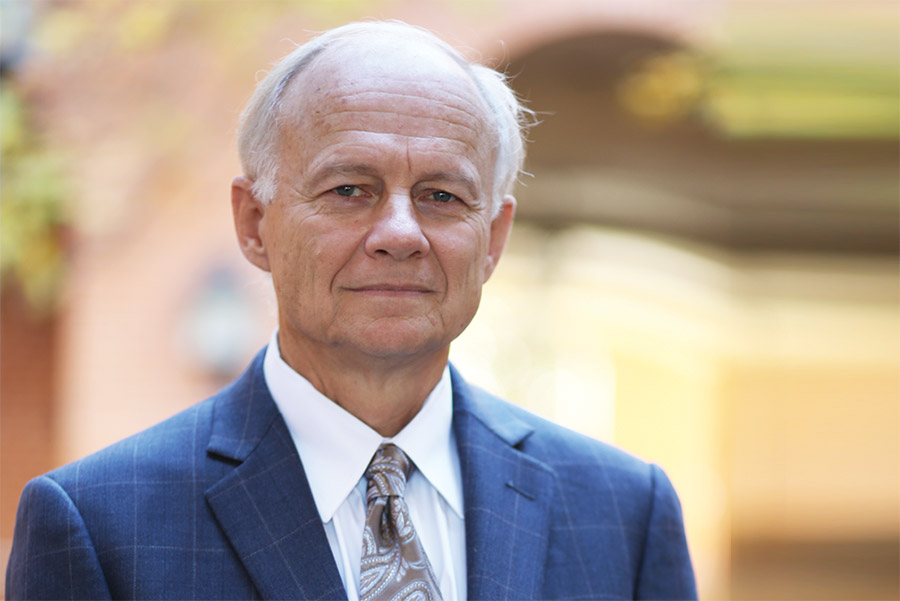From the Dean -- Fall 2023
The current Baylor University strategic plan, Illuminate, articulates signature academic initiatives in five broadly defined areas: health; materials science; data sciences; human flourishing, leadership and ethics; and Baylor in Latin America. In previous issues of Baylor Arts & Sciences magazine we have highlighted our involvement in each of these areas in some form or fashion — except for Latin America. So, in this issue we are devoting space to inform our readers about what the College is doing to help Baylor achieve its goals relating to this important topic.
The initiative considers Latin America to include a wide region composed of Mexico and Central America, South America, and the Caribbean. It is timely because Baylor already is involved in finding new ways to build synergies among faculty across all of the academic units on campus. These interdisciplinary collaborations are proving important in addressing the Latin American initiative in Illuminate because our faculty already are intertwined in many ways across the Americas. We also have students matriculating to Baylor from Latin America in greater numbers than ever before, and our students and faculty now frequently visit the region each year through study abroad and mission programs.
The cultural lines among the regions within Latin America are becoming blurred, and it covers an immense portion of the world — so, where do we start strategically building a unified effort? The design of the initiative in Illuminate is to begin targeting certain disciplines and areas to advance our understanding of this important region. As a nationally recognized R1 research institution with a faith-based mission, we have an obligation to increase our understanding of the region and seek collaborations so we can become part of the solution to any needs or challenges.
To be able to fulfill our role in helping Baylor achieve the goals of Illuminate, we have therefore set out to learn more about what the faculty of the College of Arts & Sciences are already doing in Latin America — whether it be research, teaching, outreach or other activities. While we initially knew there was at least a scattering of expertise within the College, we were surprised to discover just how many Arts & Sciences faculty are already working in Latin America across the humanities, social sciences, sciences and even the fine arts. They are involved with issues related to migration patterns, ethnic studies, water and water quality, spread of technology, languages, poverty, demographics, and politics, just to name a few. In addition, some of our Arts & Sciences departments offer courses and even minors related to Latin America and have begun hiring faculty with backgrounds or special expertise in the region.
In this issue of the magazine, you will hear from many of these faculty and students. It is gratifying to know that the College of Arts & Sciences has faculty who work in all of these disciplines and in most geographical regions of Latin America. They will be important leaders in helping to implement Baylor’s University-wide Latin American strategic initiative.
As always, please let us know what you think about this issue of Baylor Arts & Sciences magazine, and I hope that you will join us in celebrating another great Baylor University Homecoming this fall.
